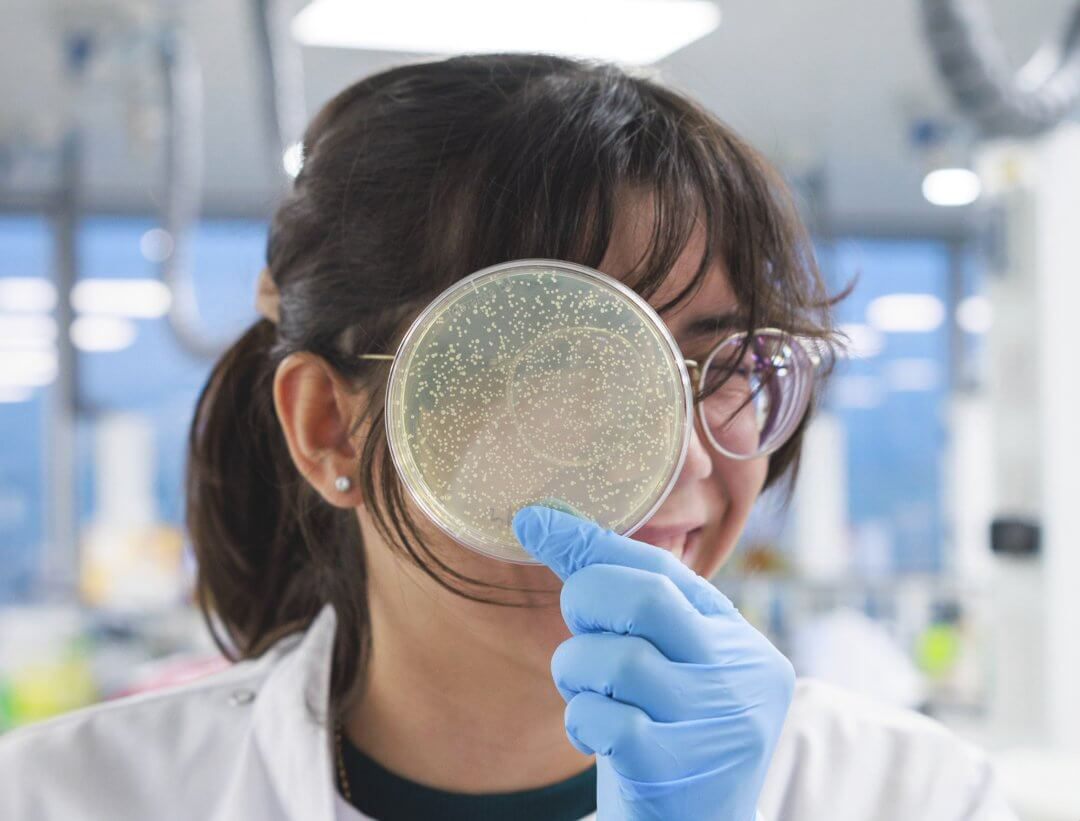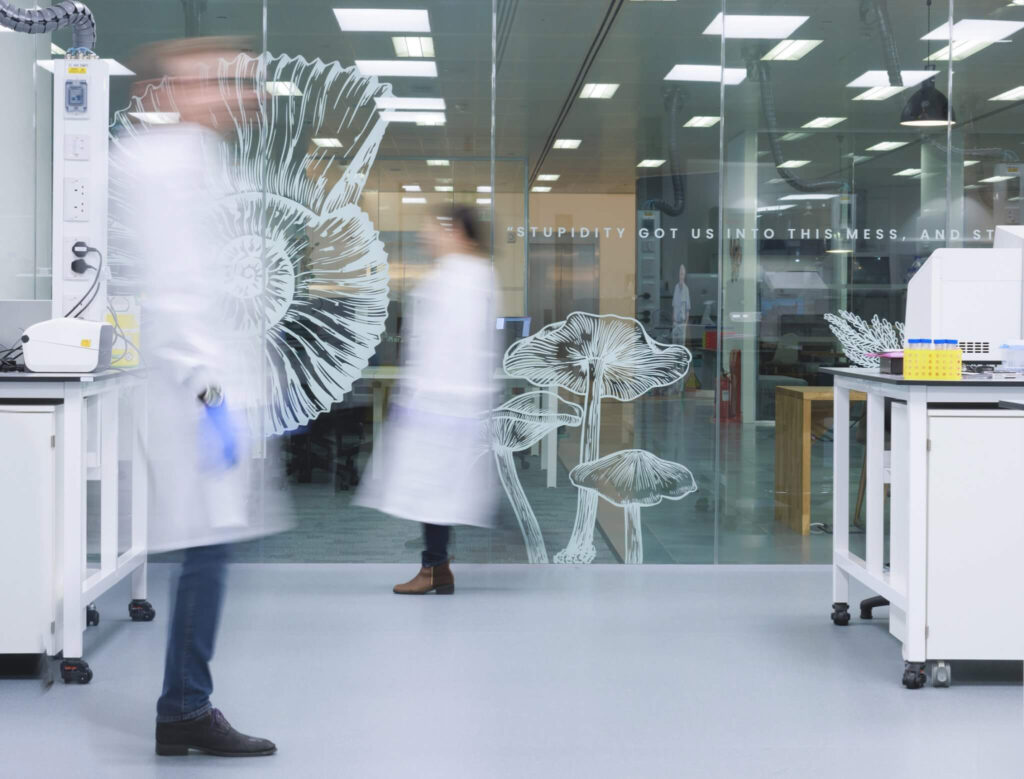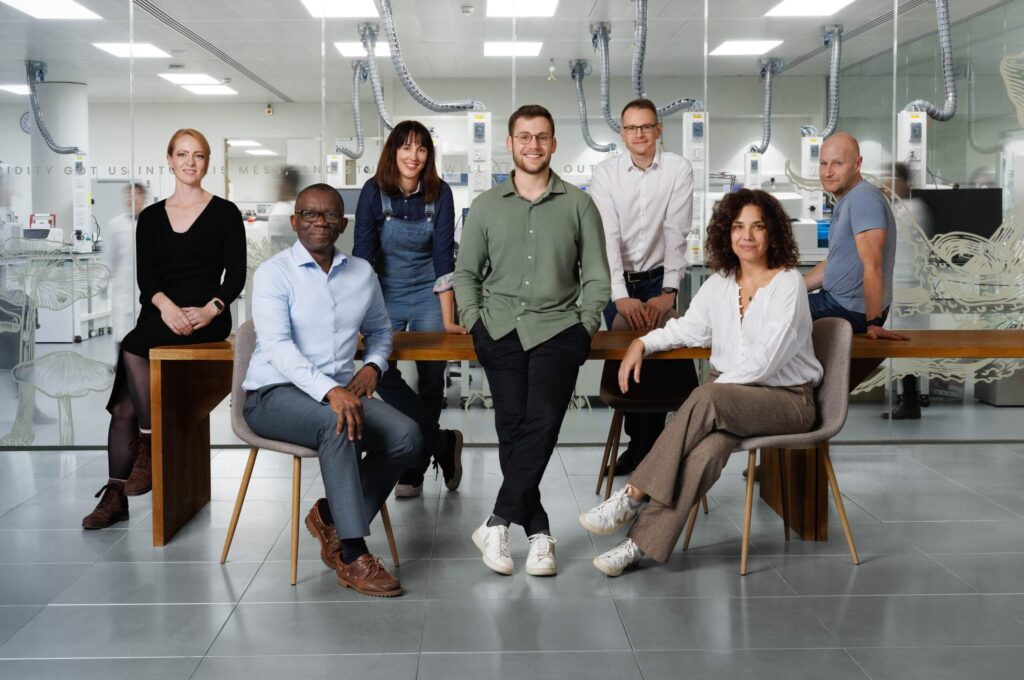
Epoch Biodesign: Transforming textile waste into a circular future
A global recycling crisis
The fashion and textile industries have experienced unprecedented growth in the last two decades, driven by technological advancements, lower production costs, and the relentless pace of fast fashion. However, this rapid expansion has come at a significant environmental cost. Textile waste continues to pile up at an alarming rate, with less than one percent being recycled. The challenge lies in the complexity of modern fabrics – blended materials, chemical coatings, and diverse finishes make recycling nearly impossible with existing technologies. Without a viable solution, the industry remains trapped in a cycle of waste, contributing to pollution, carbon emissions, and resource depletion.
Harnessing nature’s technology
Epoch Biodesign is pioneering a revolutionary approach to recycling by leveraging nature’s most powerful tools – enzymes. With a deep belief that biology holds the key to solving the waste crisis, the company has developed a cutting-edge platform that uses generative AI, physics-based data modeling, and synthetic biology to engineer enzymes capable of breaking down plastics and textiles. By deconstructing waste materials into their molecular building blocks, purifying them, and rebuilding them into brand-new polymers, Epoch Biodesign has created a fully circular recycling process. The result is a high-performance material that is indistinguishable from virgin fossil-derived alternatives but with a dramatically lower environmental impact.
Epoch Biodesign’s first breakthrough focuses on blended nylon fabrics, a material widely used in apparel, sportswear, flooring, and the automotive industry. After years of research and development, they have built a proprietary technical platform that can effectively break down these complex materials and are now expanding their solution set to tackle an even broader range of textiles. More than just a sustainable solution, their biorecycling process is designed to be cost competitive, matching the price of fossil-based materials while offering a more sustainable, scalable alternative.

The partnership: Why Happiness Capital invested
When Epoch Biodesign sought a partner to help scale their groundbreaking innovation, they found a natural fit with Happiness Capital. More than just an investor, Happiness Capital is committed to backing visionary companies that tackle global sustainability challenges with bold, science-driven solutions. What set Epoch Biodesign apart was their ambition to revolutionize an industry that has long been resistant to change.
Beyond capital, Happiness Capital offers the connectivity and industry relationships needed to scale this innovation globally. Their deep networks within the Asian industrial ecosystem present valuable opportunities to accelerate adoption and implementation, ensuring that Epoch Biodesign can bring its transformative recycling technology to markets worldwide.

The Future: Scaling circularity globally
Epoch Biodesign is now entering a pivotal stage of growth. Over the coming months, they are doubling their team and launching the UK’s first biorecycling facility, a demonstration site that will validate their technology at scale. This facility will be operational by the end of the year and will serve as a model for future expansion. As they continue to refine and scale their process, the company is also setting its sights on additional plastics, aiming to extend its biorecycling capabilities beyond their first application in Nylon.
Looking ahead, Epoch Biodesign’s vision is to transform today’s broken recycling system into a truly circular economy. By developing scalable, cost-competitive biorecycling solutions, they are poised to turn the current one percent recycling rate into as close to one hundred percent as possible. Their mission aligns perfectly with the goals of major corporations seeking sustainable alternatives, growing consumer demand for ethical production, and the urgent need to reduce carbon emissions.
Epoch Biodesign is on a trajectory to redefine what’s possible in sustainable manufacturing – proving that the future of recycling isn’t just about reducing waste but about unlocking entirely new possibilities for the materials of tomorrow.
